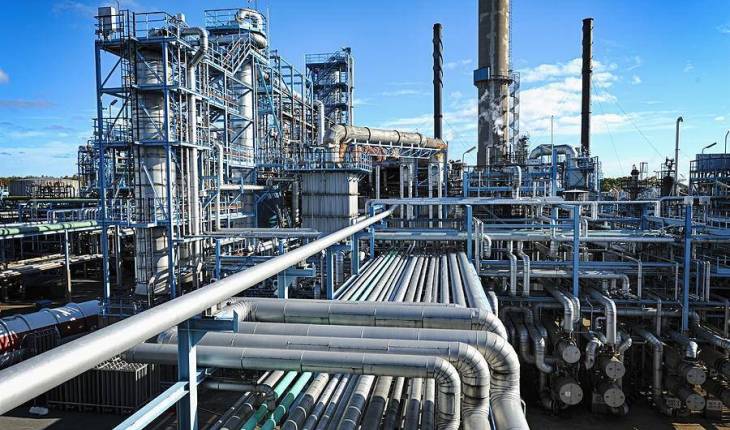- Ex-NNPC Executives Okay FG’s Reduced Stake
Industry experts including two former top executives of the Nigerian National Petroleum Corporation have expressed support for the plan by the Federal Government to reduce its stake in the nation’s refineries.
The Federal Government, in its 2017-2020 Economic Recovery and Growth Plan, said it would reduce its stakes in Joint Venture oil assets, refineries and other downstream subsidiaries such as pipelines and depots.
The country continues to rely heavily on importation for petroleum products as its four refineries have been operating far below their installed capacity of 445,000 barrels per day for many years.
A former Director of Research, Organisation of Petroleum Exporting Countries and ex-top executive at the NNPC, Chief Mike Olorunfemi, said the government could even completely sell the refineries to private investors whether local or foreign.
He said, “The government has been advised for a long a time to deregulate the downstream sector to enable private investors to see refining as an attractive business and begin to build new refineries.
“But as long as we regulate fuel prices not reflecting the market forces, no private investors will come in. So what they are doing now is what they ought to have done a long time ago.”
The Chairman and Chief Executive Officer, International Energy Services Limited, Dr. Diran Fawibe, said the government had not made a success of its involvement in the refining business.
Fawibe, who was a general marketing manager responsible for selling Nigerian crude oil in the world market at the NNPC, said, “A dynamic country like Nigeria should make its refineries operationally efficient and build additional ones because we have a dynamic economy where demand for refined petroleum products keeps increasing.
“Over the past decades, the refineries’ operation has continued to go down. Today, the refineries are more of an embarrassment to the country.”
He noted that the country had been depending on importation for most of its fuel consumption over the years despite being a major producer of crude oil
Fawibe said, “To a large extent, this is against our national interest because it undermines the energy security and the national interest of the country. If the government says now it wants to divest its interest, any right thinking person should support this. I have been one of the advocates of this for many years. The only thing is that they should not sell them as a scrap.”
The Head of Energy Research, Ecobank Group, Mr. Dolapo Oni, described the reduction of government’s stake in the refineries and other oil assets as “potentially a good move as it will enable the government to raise some revenue from the sale.”
He said, “Furthermore, the expected transfer of operatorship as government stake is reduced below 50 per cent could unlock private capital if the right regulations are in place to protect investors.
“In our view, the plans for the refineries are largely dependent on getting capital to invest, security in the Niger Delta and liberalisation of the downstream market. These aspects, however, require amendments to key laws of the federation, as well as passage of the Petroleum Industry Bill.”
According to Oni, attracting private investment in the refineries will also require significant level of investor protection due to the history of such partnerships in Africa.

 Forex2 weeks ago
Forex2 weeks ago


 Naira1 week ago
Naira1 week ago
 Naira4 weeks ago
Naira4 weeks ago
 Company News4 weeks ago
Company News4 weeks ago




 Naira1 week ago
Naira1 week ago
 Billionaire Watch1 week ago
Billionaire Watch1 week ago




 Naira3 weeks ago
Naira3 weeks ago




 Naira7 days ago
Naira7 days ago





















